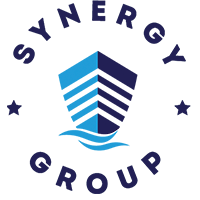Home / Sustainability / UN Sustainability Development Goals
UN Sustainability Development Goals

The Sustainable Development Goals (SDGs), also known as the Global Goals, were adopted by all United Nations Member States in 2015 as a universal call to action to end poverty, protect the planet and ensure that all people enjoy peace and prosperity by 2030.
There are 17 SDGs in all. They recognize that action in one area will affect outcomes in others, and that development must balance social, economic and environmental sustainability.
That is why the SDGs are designed to bring the world to several life-changing goals: clean water and sanitation, reduced inequalities and discrimination, zero poverty and an end to world hunger.
The creativity, knowhow, technology and financial resources from all of society are necessary to achieve the SDGs in every context.
Click on a Goal to find examples of how we contribute.




















